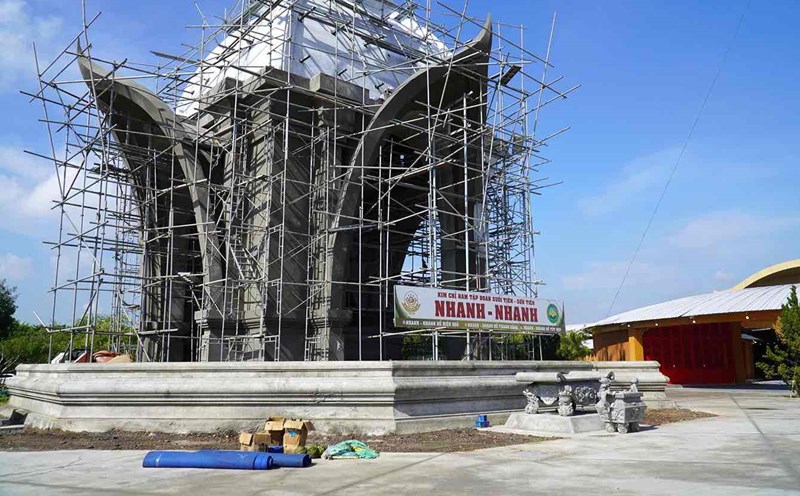With the Nord Stream pipeline to Germany gone into operation and the gas transit agreement through Ukraine expiring at the end of 2024, Gazprom has seen Turkey - a country that already has two major gas pipelines connecting to Russia - as a path back to the European market, which once brought the group about $8 billion in monthly revenue.
However, after months of considering the options, Gazprom concluded that the plan was not feasible and had largely stopped being implemented, many sources familiar with the matter revealed.
Although the plan was most recently publicly supported by President Vladimir Putin in October 2024, the proposal has long faced significant challenges. Turkey does not have enough spare pipeline capacity to export to the South European region, and Ankara is not willing to let Gazprom participate in gas distribution, thereby limiting Russia's influence over this gas hub.
The European Union (EU) is also pushing for a ban on Russian gas imports by the end of 2027.
The idea of a gas hub in Turkey does not come from Gazprom, but could have come from the political establishment, according to many sources familiar with the matter. Gazprom managers were initially surprised to see President Putin openly support the idea. However, the group's export department has started implementing the plan.
For many employees of the Russian gas giant, especially in the Gazprom Export commercial department, the idea of a gas center in Turkey is seen as a new start, as well as a way to continue working after losing a large part of the international market. The proposal has also received support in Turkey, which has ambitions to become a regional gas trading hub with its own price index.
However, despite Turkey's interest and Moscow's commitments in 2022 and 2023 that negotiations would take just a few months, the project has yet to progress.

As Gazprom delves into the details of the proposal, the group's interest has declined. According to initial discussions, Turkey plans to distribute its own gas to the center, with Gazprom acting as a supplier only. Russia is not willing to give Turkey such great control, according to sources.
Gazprom officials have stopped discussing the gas hub in Turkey both internally and at meetings with officials, according to the sources.
Turkey's stance on the unchanged gas hub plan remains in place, and the country remains ready to cooperate with Russia in a joint venture for the initiative, according to a Turkish official. However, the official also admitted that the implementation process has been delayed for some time.










